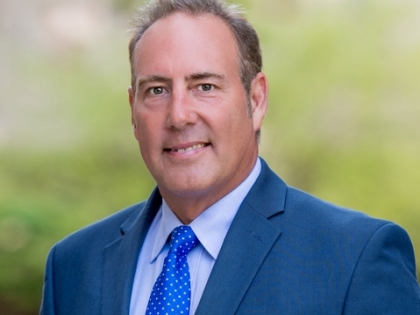
Agreement Reached on Expansion of DNA Databank
Joseph E. Robach
March 14, 2012
-
ISSUE:
- Crime
New Law Expands Access to DNA Testing and Discovery for Defendants
Governor Andrew M. Cuomo, Senate Majority Leader Dean Skelos, and Assembly Speaker Sheldon Silver today announced an historic agreement that will make New York State the first “all crimes DNA state in the nation, by requiring DNA samples be collected from anyone convicted of a felony or penal law misdemeanor. In addition, the bill also significantly expands defendants' access to DNA testing and comparison both before and after conviction in appropriate circumstances, as well as to discovery after conviction to demonstrate their innocence.
Governor Cuomo introduced the DNA Databank legislation as a centerpiece of his 2012 legislative agenda.
"It is a proven fact: DNA helps solve crimes, prosecute the guilty, and protects the innocent," said Governor Cuomo. "This bill will greatly improve law enforcement's ability to keep New York communities safe and bring justice to victims of violent crimes, as well as those who have been wrongly convicted. For too long, a limiting factor to our ability to solve crimes through DNA was the fact the law did not encompass all crimes. This new law will right those wrongs. I commend Majority Leader Skelos and Speaker Silver for their leadership on this issue and thank the members of the Legislature for putting New Yorkers first."
The agreement includes the following reforms to the criminal justice system:
“All Crimes DNA Expansion: This legislation will make New York the first state in the country to expand its DNA Databank so dramatically, a reform that promises to solve thousands of crimes and prevent thousands of others. Since its launch in 1996, New York State's DNA Databank has been a powerful tool both for preventing and solving crimes- including more than 2,900 convictions- and for proving innocence, including countless suspects cleared early-on in investigations. DNA evidence has also helped exonerate 27 New Yorkers who were wrongfully convicted.
Previously, state law only permitted DNA to be collected from 48 percent of offenders convicted of a Penal Law crime. Among the exclusions were numerous crimes that statistics have shown to be precursors to violent offenses. As a result, New York State missed important opportunities to prevent needless suffering of crime victims and failed to use a powerful tool that could be used to exonerate the innocent.
Expanded Access for Certain Criminal Defendants to DNA Testing: This legislation will allow defendants in certain criminal cases to obtain DNA testing prior to trial to demonstrate their innocence. Further, under appropriate circumstances defendants convicted after a guilty plea will be allowed access to such testing. Together, these reforms will help to ensure that innocent defendants are not convicted or, if convicted after a plea, are able to demonstrate their actual innocence.
Expanded Access to Discovery for Certain Criminal Defendants After Trial: In limited circumstances, defendants will be able to seek discovery of property and other materials to demonstrate their actual innocence after their conviction. Such discovery will provide the court with the evidence necessary to reach a proper decision on a defendant’s motion for such relief.
Share this Article or Press Release
Newsroom
Go to NewsroomSenator Robach Helps Open New Rochester VA Clinic
September 26, 2019

Senator Robach Secures $250,000 Grant for Holy Childhood
September 24, 2019

Senator Robach Attends Gates First Responders Day
September 19, 2019

